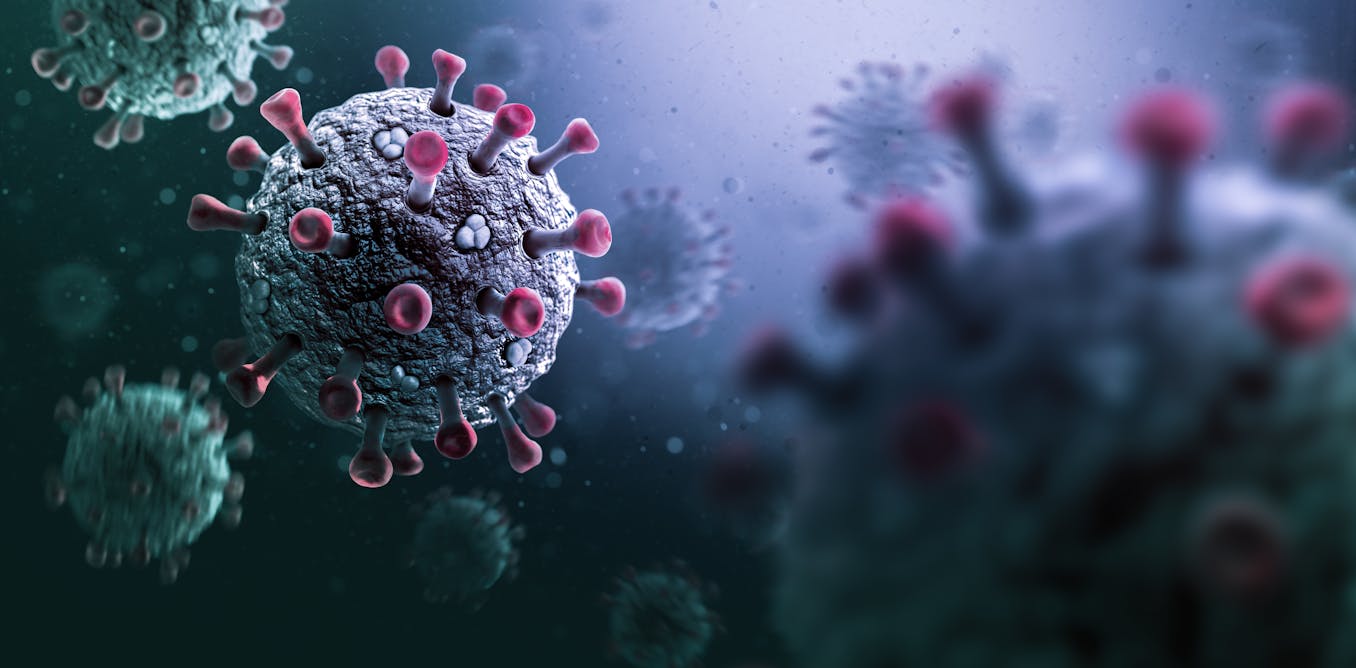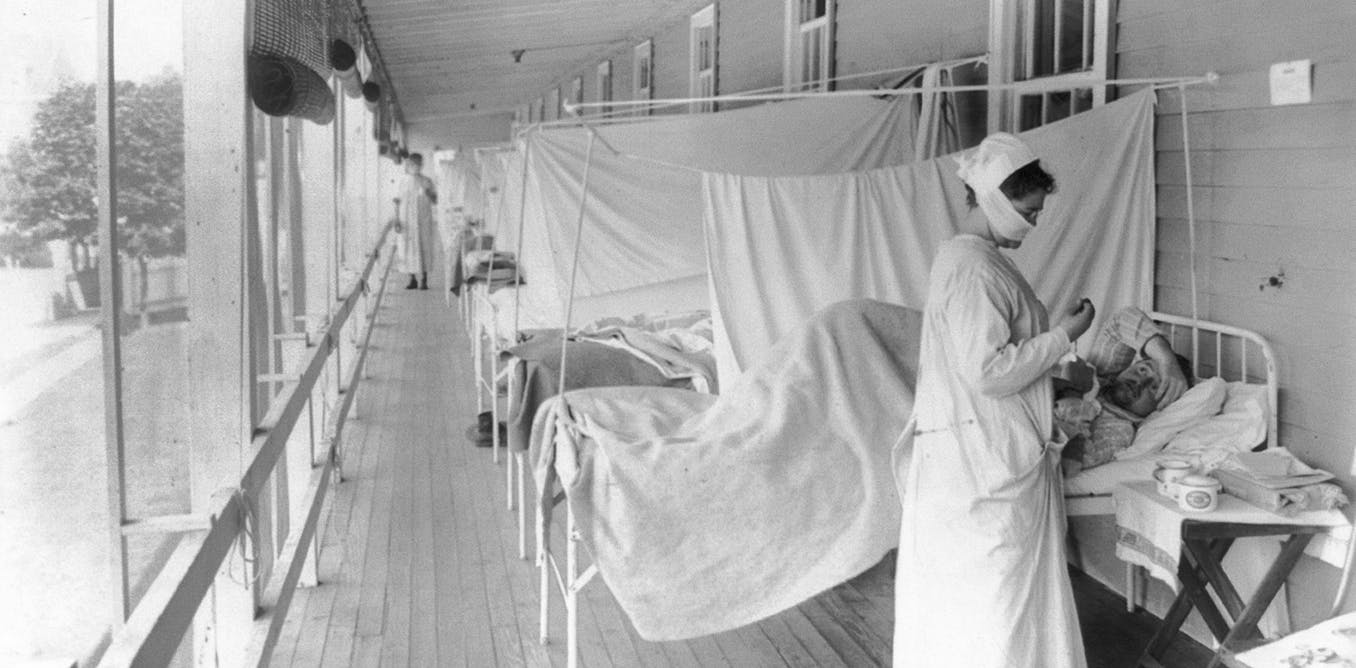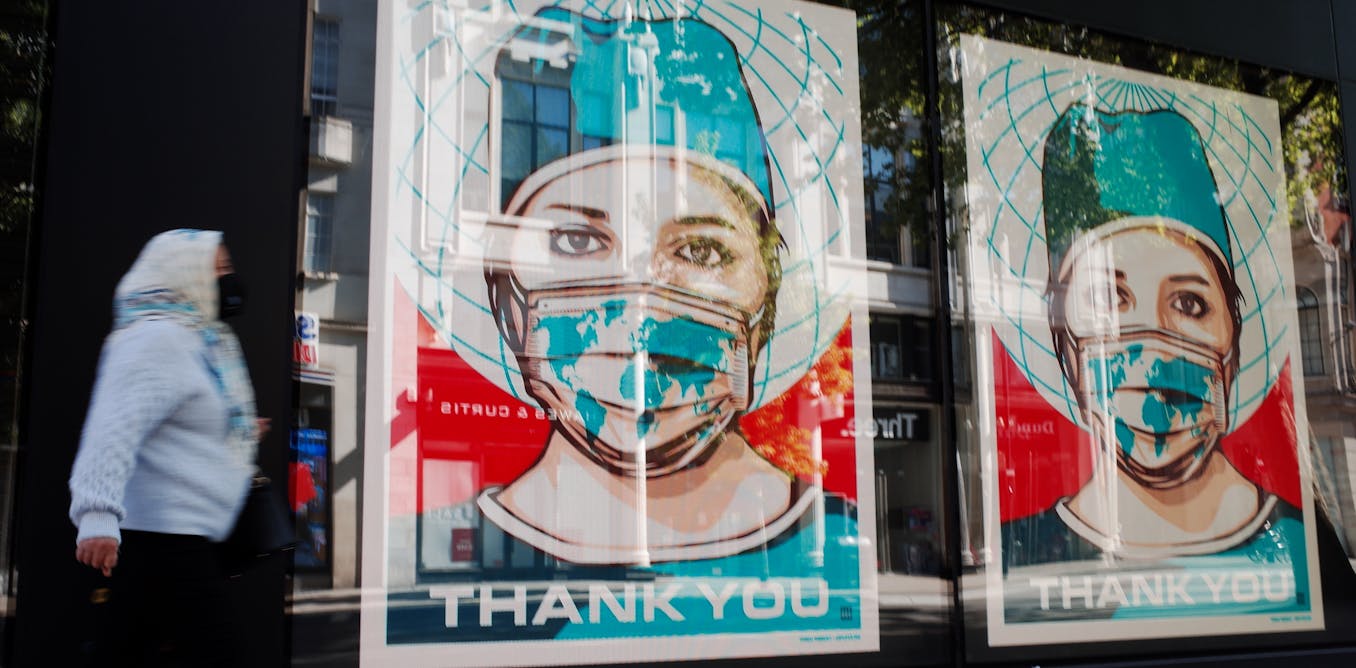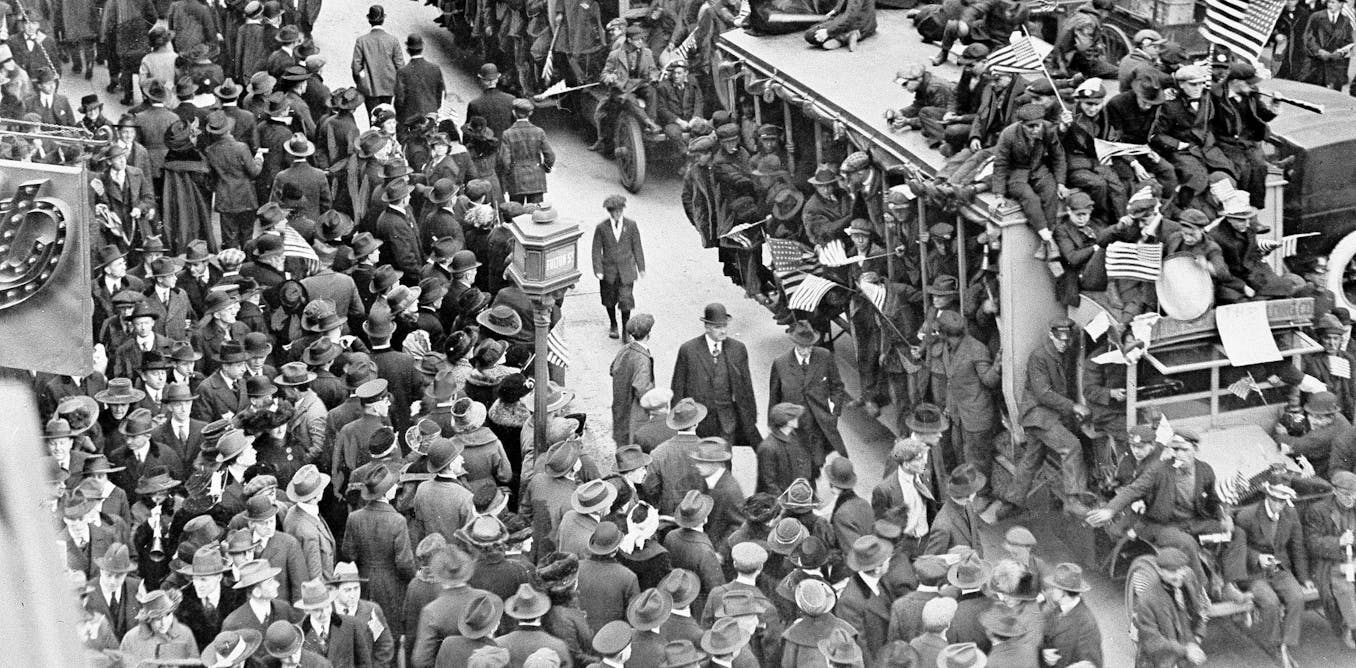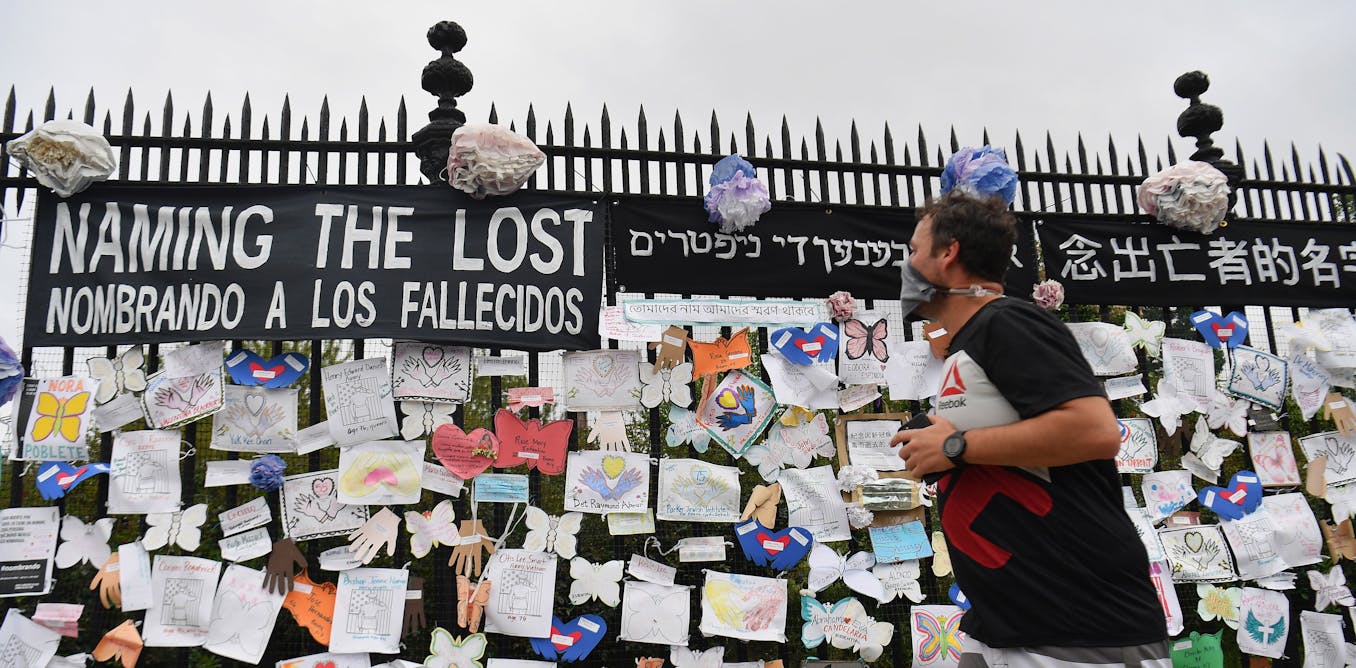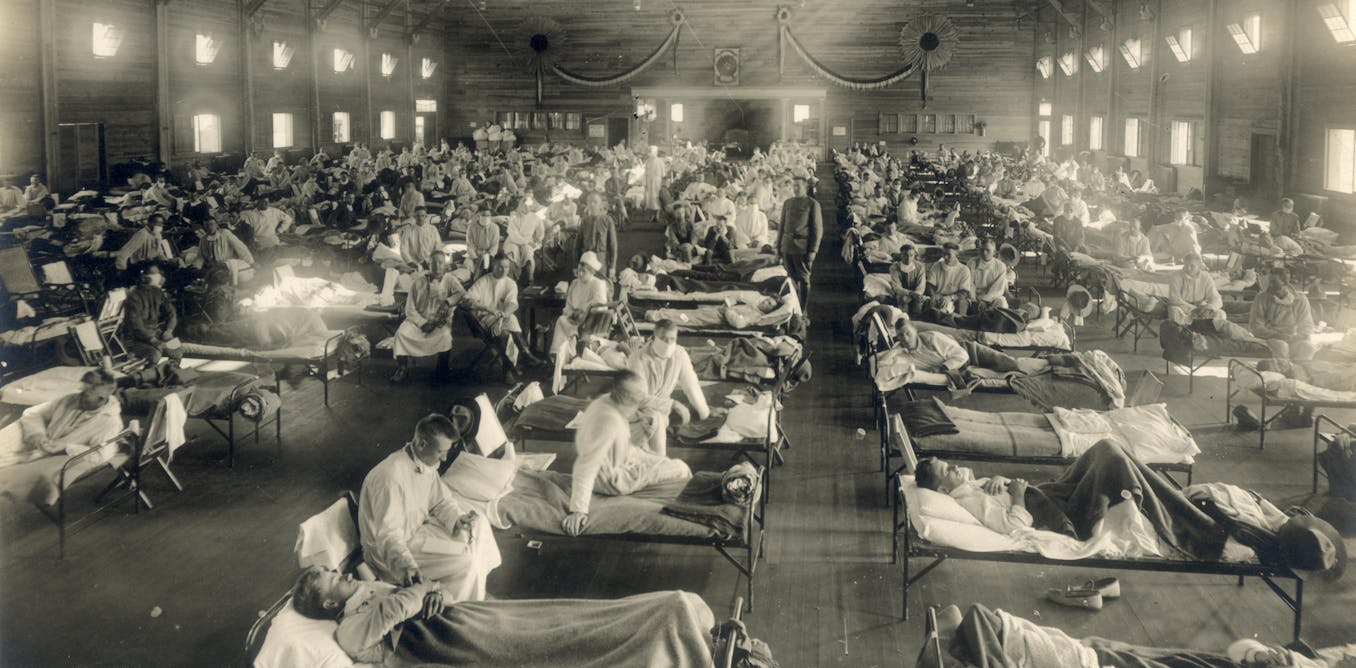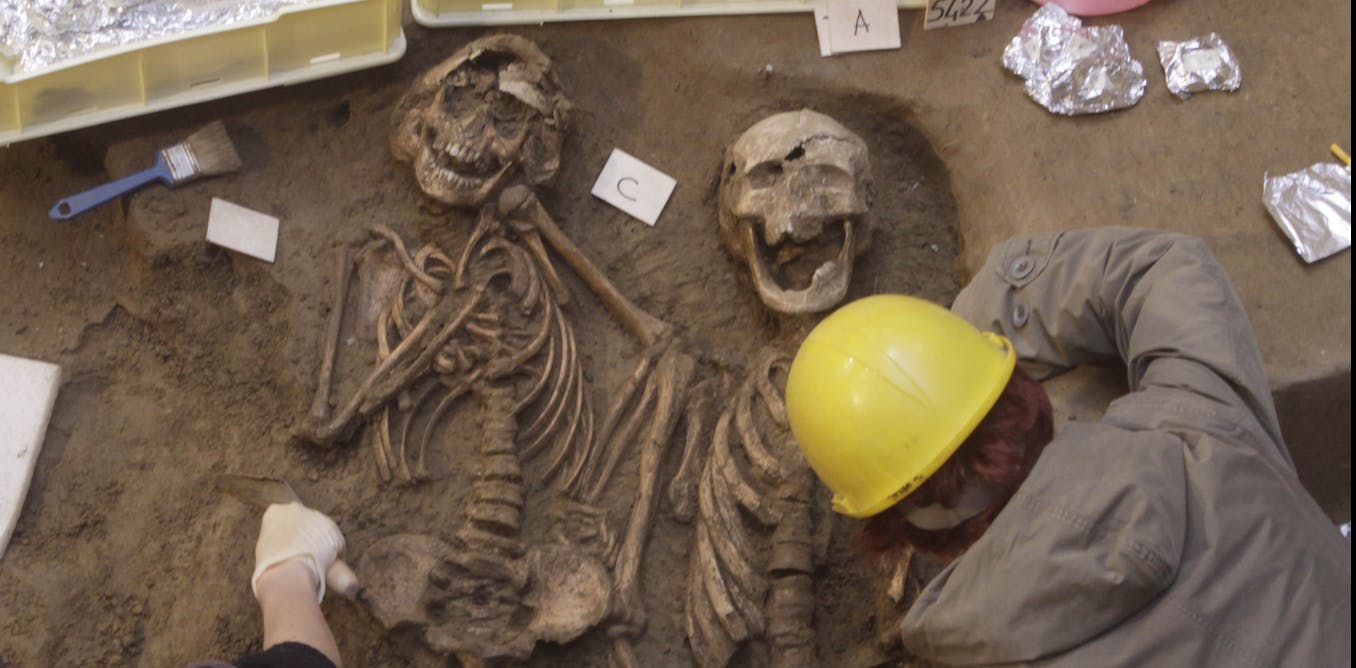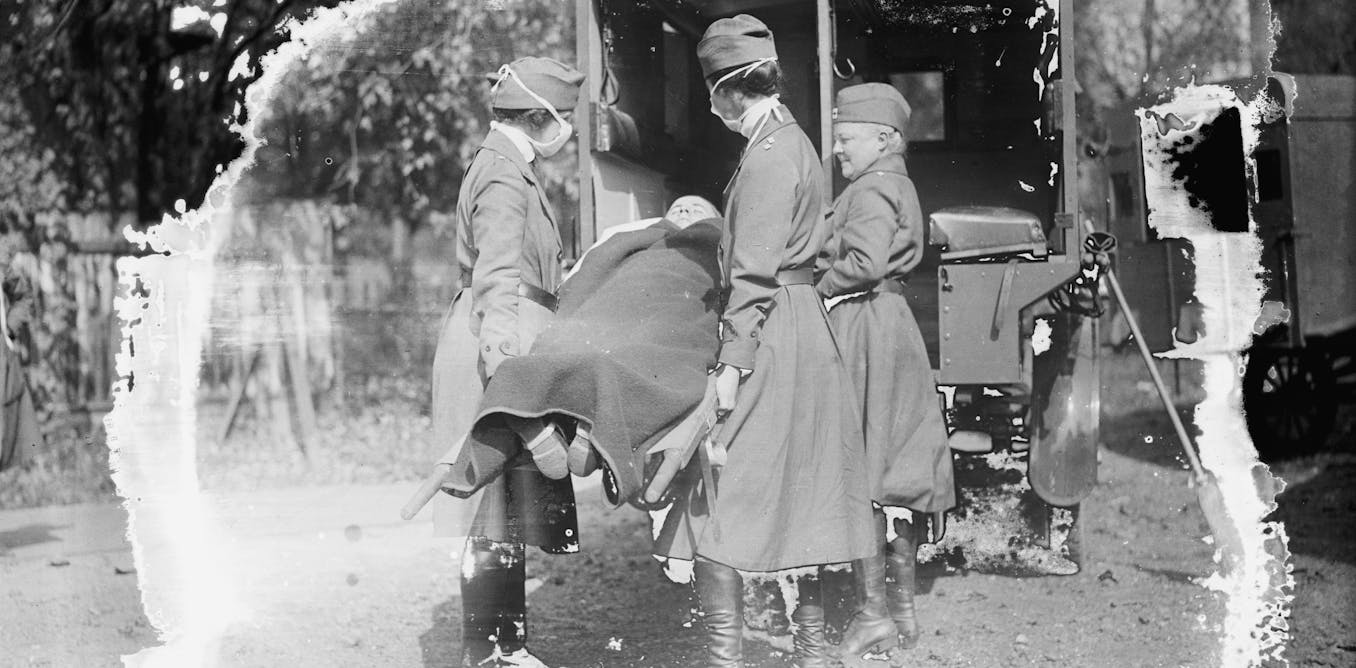Pivotal points in the COVID-19 pandemic – 5 essential reads
With the emergency phase of the COVID-19 pandemic in the rearview mirror, at least for now, we look back on a handful of stories that provided sharp insights at key moments in the pandemic.
May 17, 2023 • ~9 min

